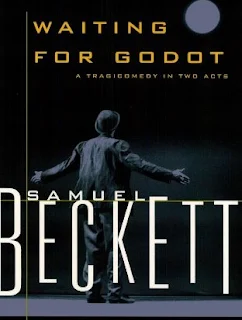Themes of love and romance in The Importance of Being Earnest
There are three pairs of lovers in the
Importance of Being Earnest: the love-affair of Jack Worthing and Gwendolen
Fairfax, that of Algernon and Cecily Cardew, and on a lesser level, that of
Miss Prism and Dr. Chasuble. There is no major obstacle in the way of their
love and marriage, except that both Gwendolen and Cecily have fallen in love
with men called Earnest. This gives rise to numerous comic situations in the
play with both the girls disputing at one time, that it is the same Earnest who
has proposed to them. As for Miss Prism and Dr. Chasuble, they are both
celibates who are willing to enter into matrimony at a later stage of their
lives.

Jack, the guardian of Cecily in the
countryside, assumes the name of Earnest a fictitious and reckless younger
brother whose wild and wicked ways often take him to London, where he gets an
opportunity to court Gwendolen, the only daughter of Lady Bracknell, a member
of British aristocracy. Gwendolen has fallen in love with Jack simply because
his name is Earnest, a name that ‘inspires confidence’in her. She cannot think
of marrying a person with some other name.
In much the same way, Cecily has
fascination for the name of Earnest even before she has met her guardian.
Jack’s fictitious younger brother, Earnest, who lives a dissolute life in
London is the perpetual cause of anxiety to her dear uncle Jack. She has discussed
his wicked ways with her governess, Miss Prism, and fallen in love with him.
She has even got engaged to him on her own, bought an engagement ring in his
name, a bangle with a lover’s knot which she promises to wear always, and
written several letters on his behalf to herself. She has even broken off the
engagement once on account of an imaginary lover’s tiff. Algernon asks her
whether she could not have loved him, if his name had been different, and
Cecily replies in the negative. However, the tangle is resolved when both the
men express their resolve to be christened as Earnest and Gwendolen praises
their spirit of sacrifice.





